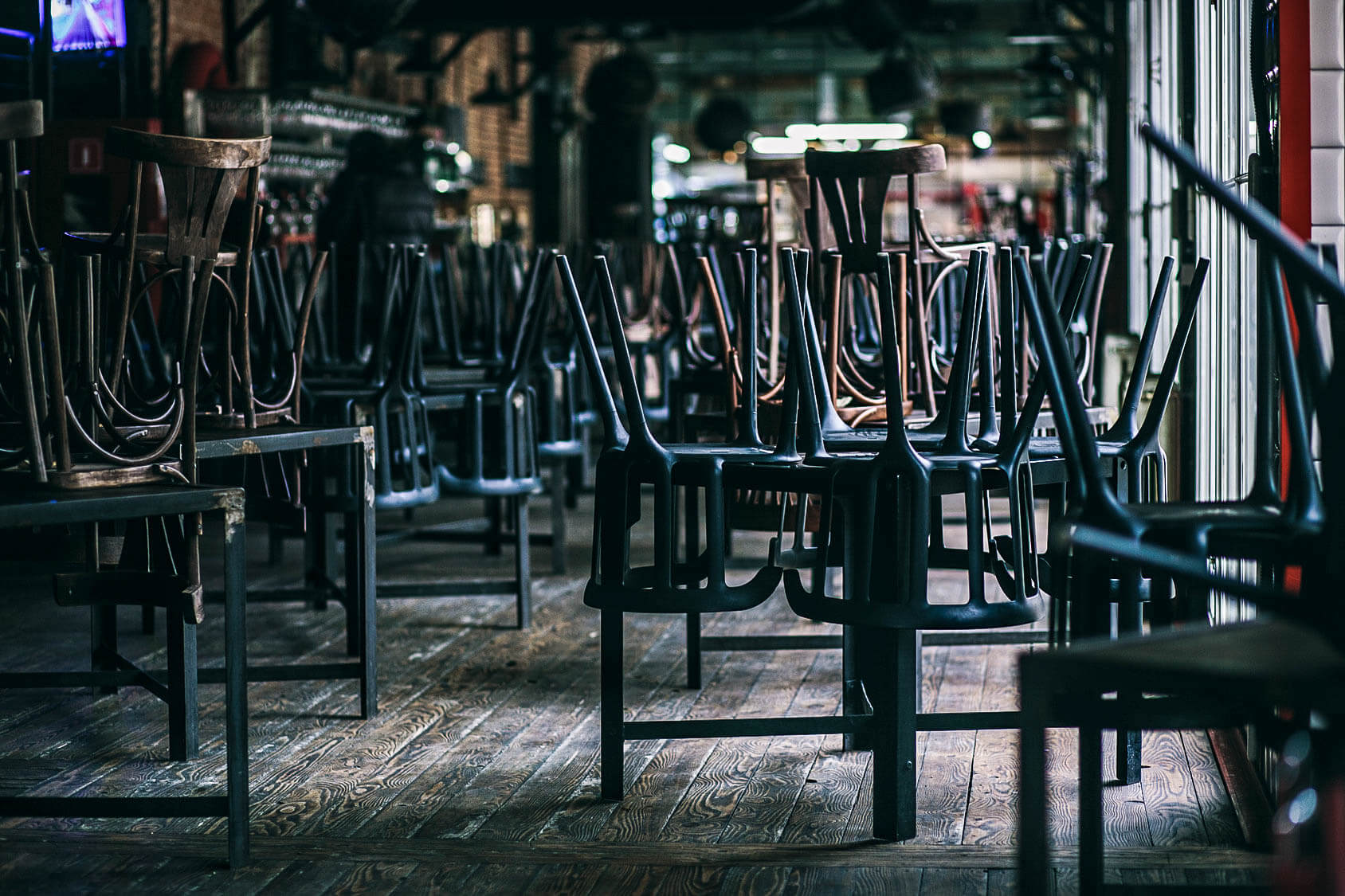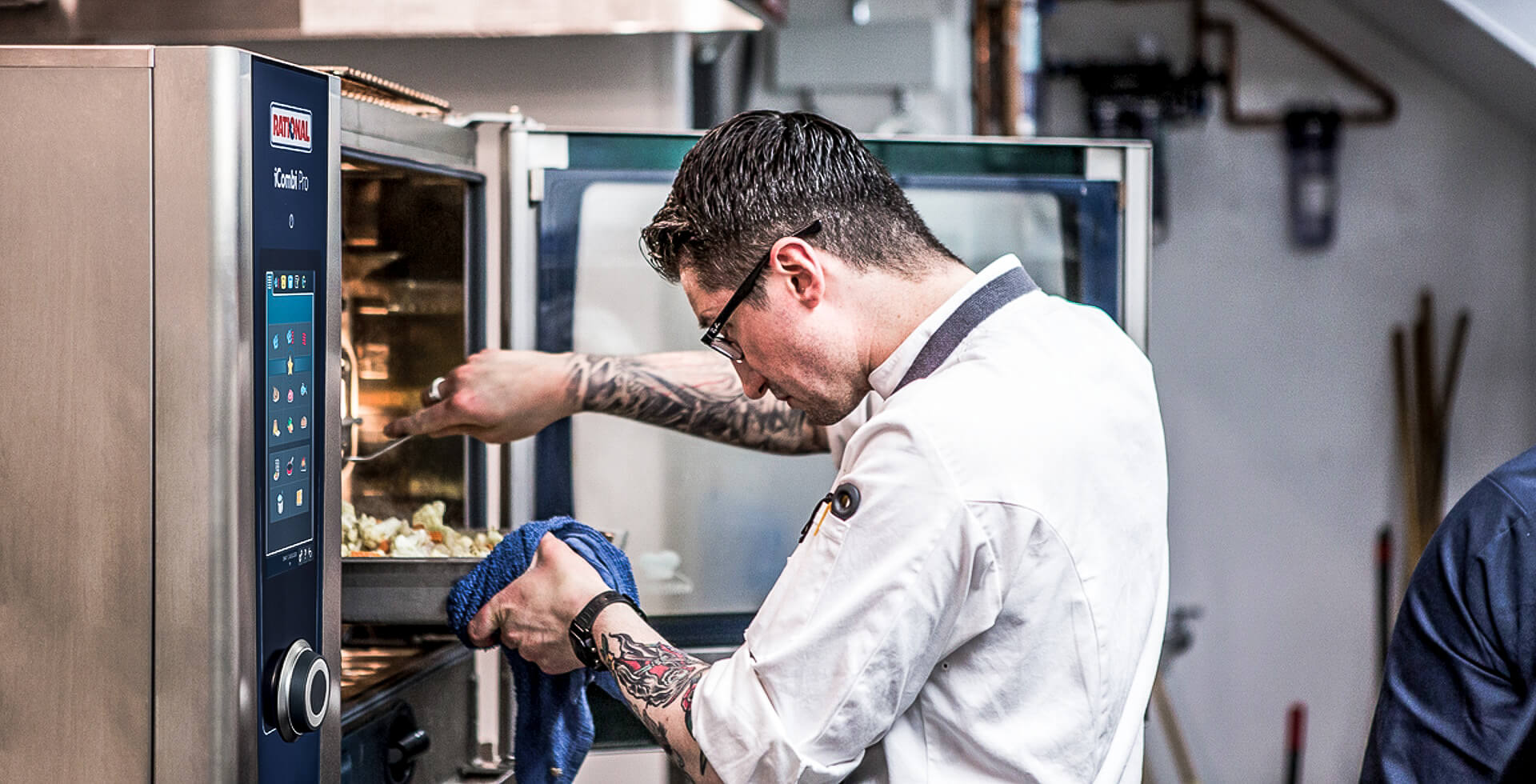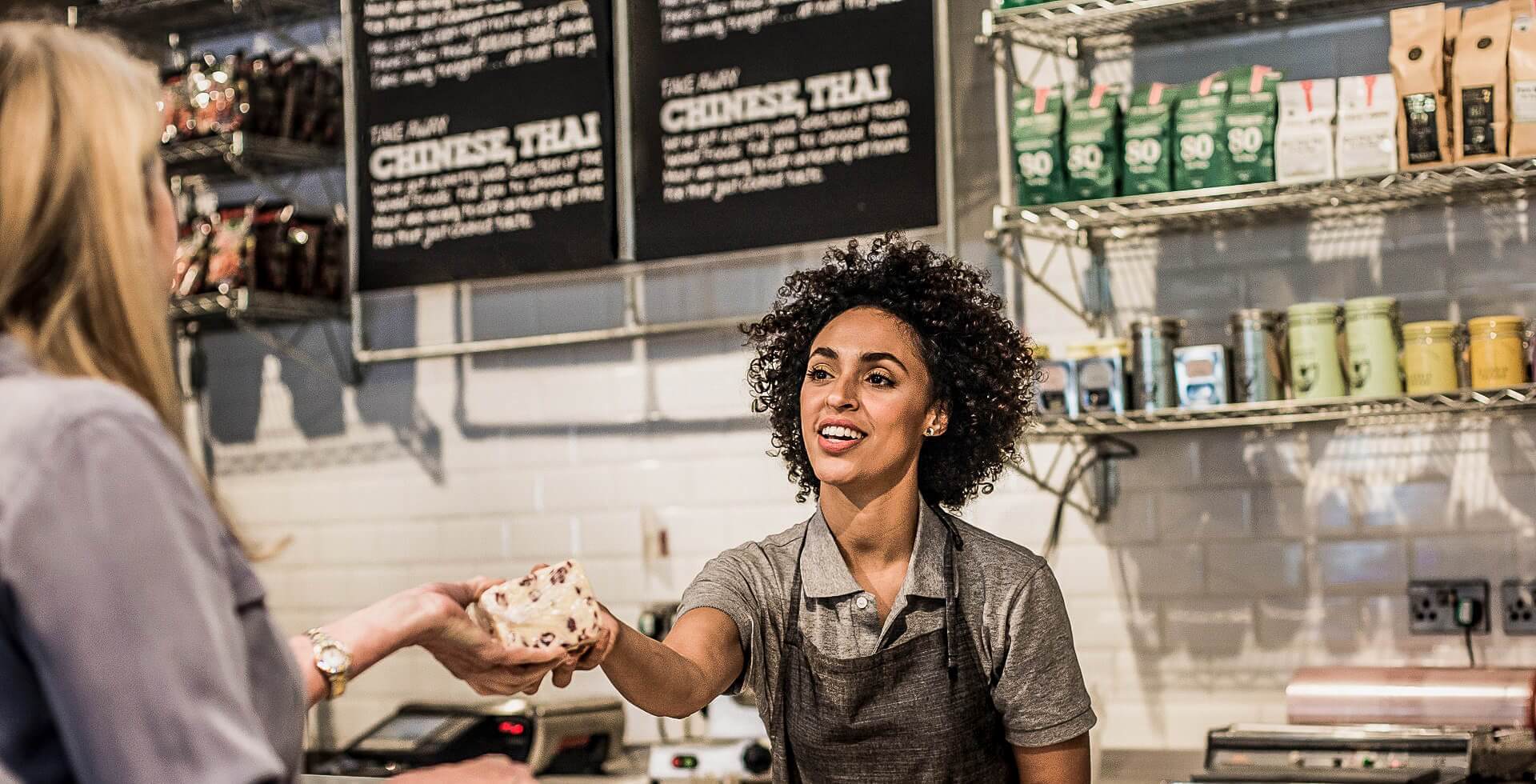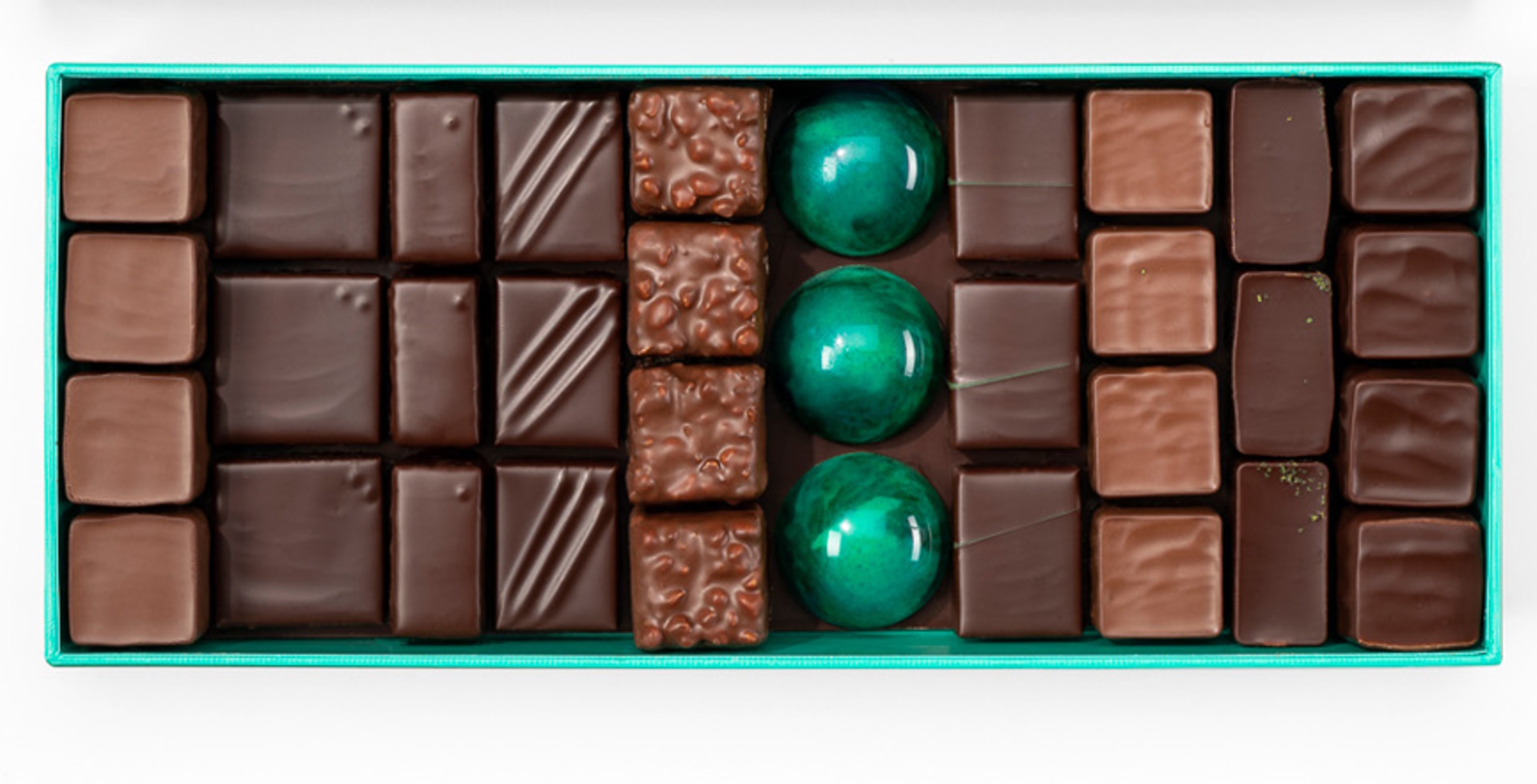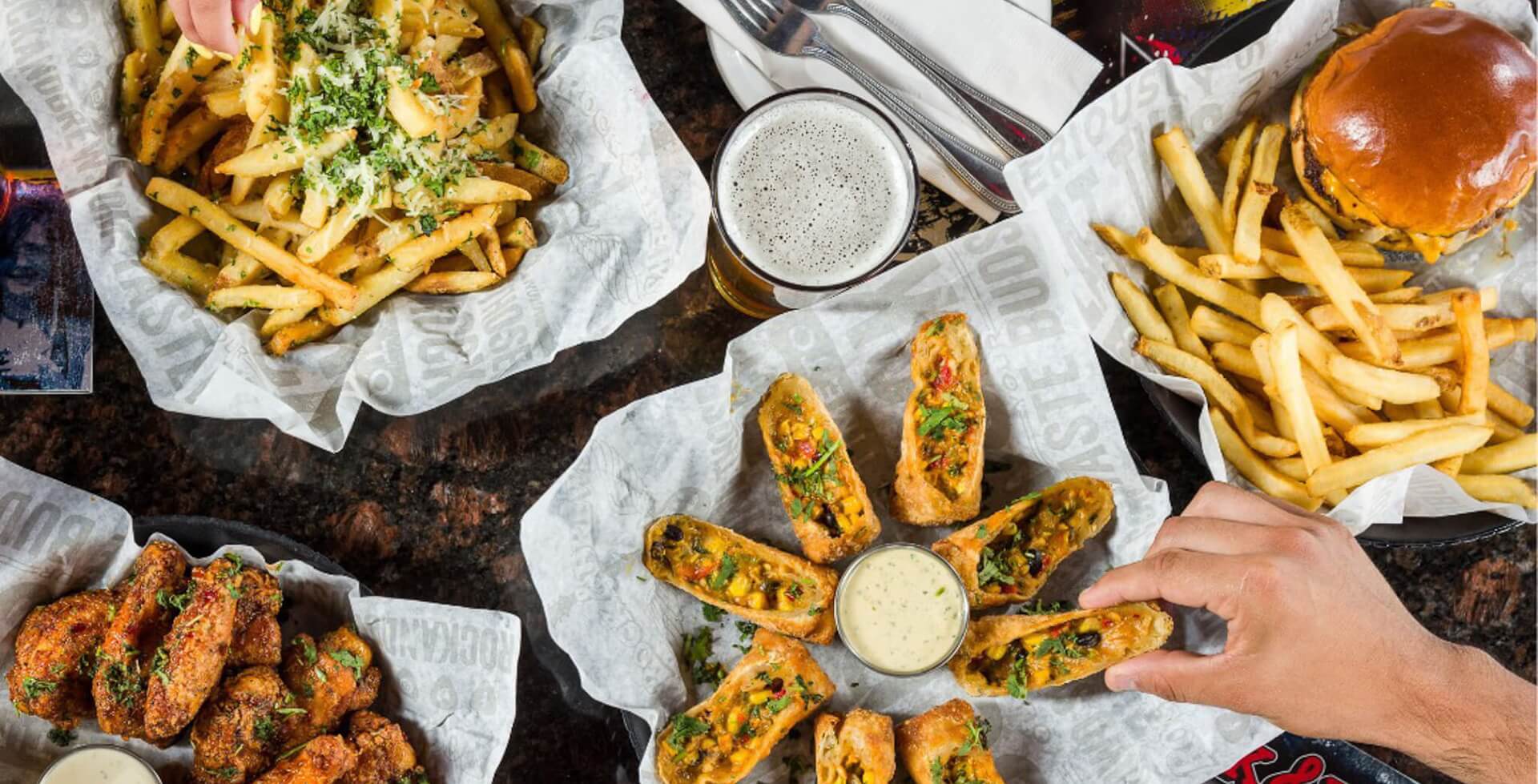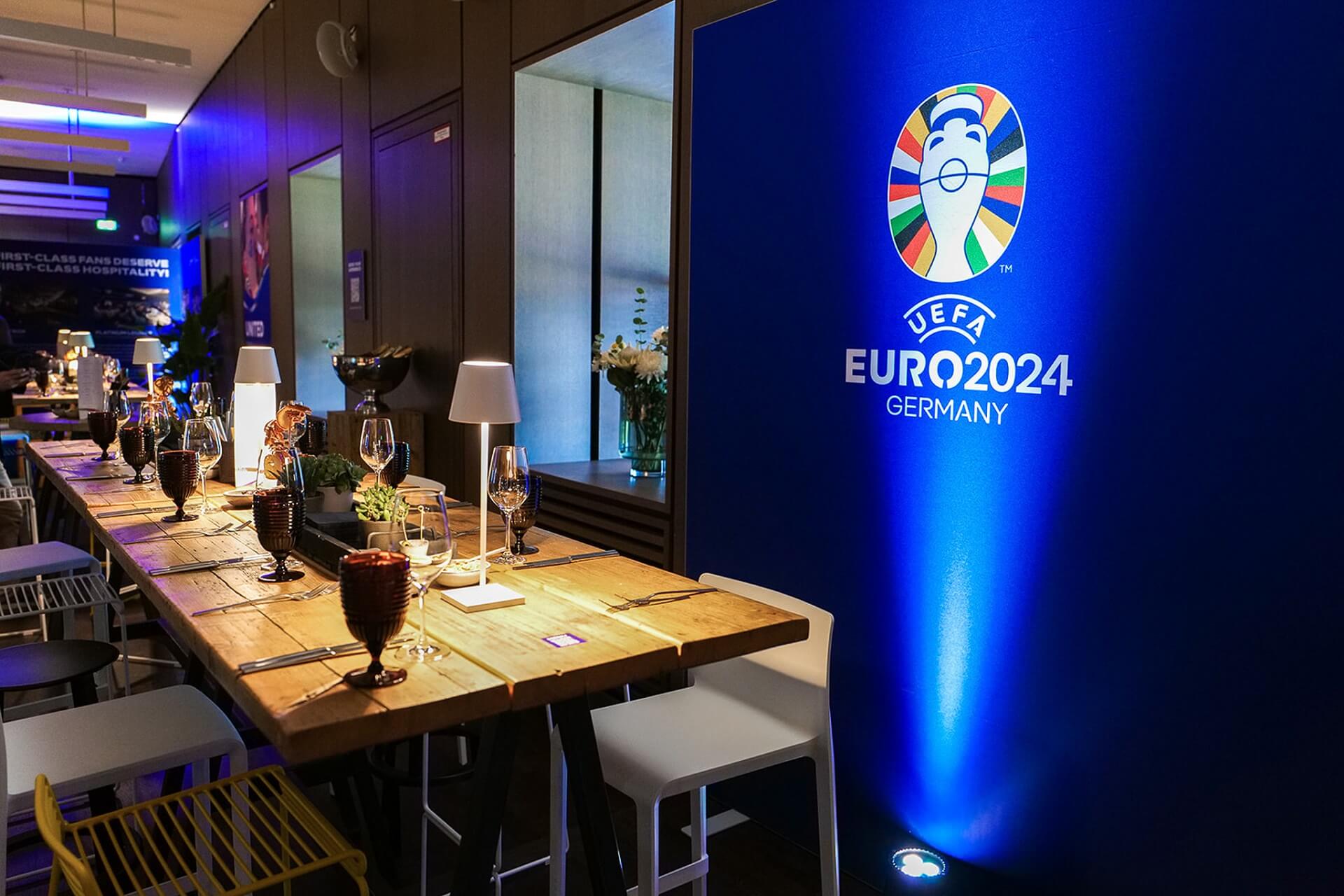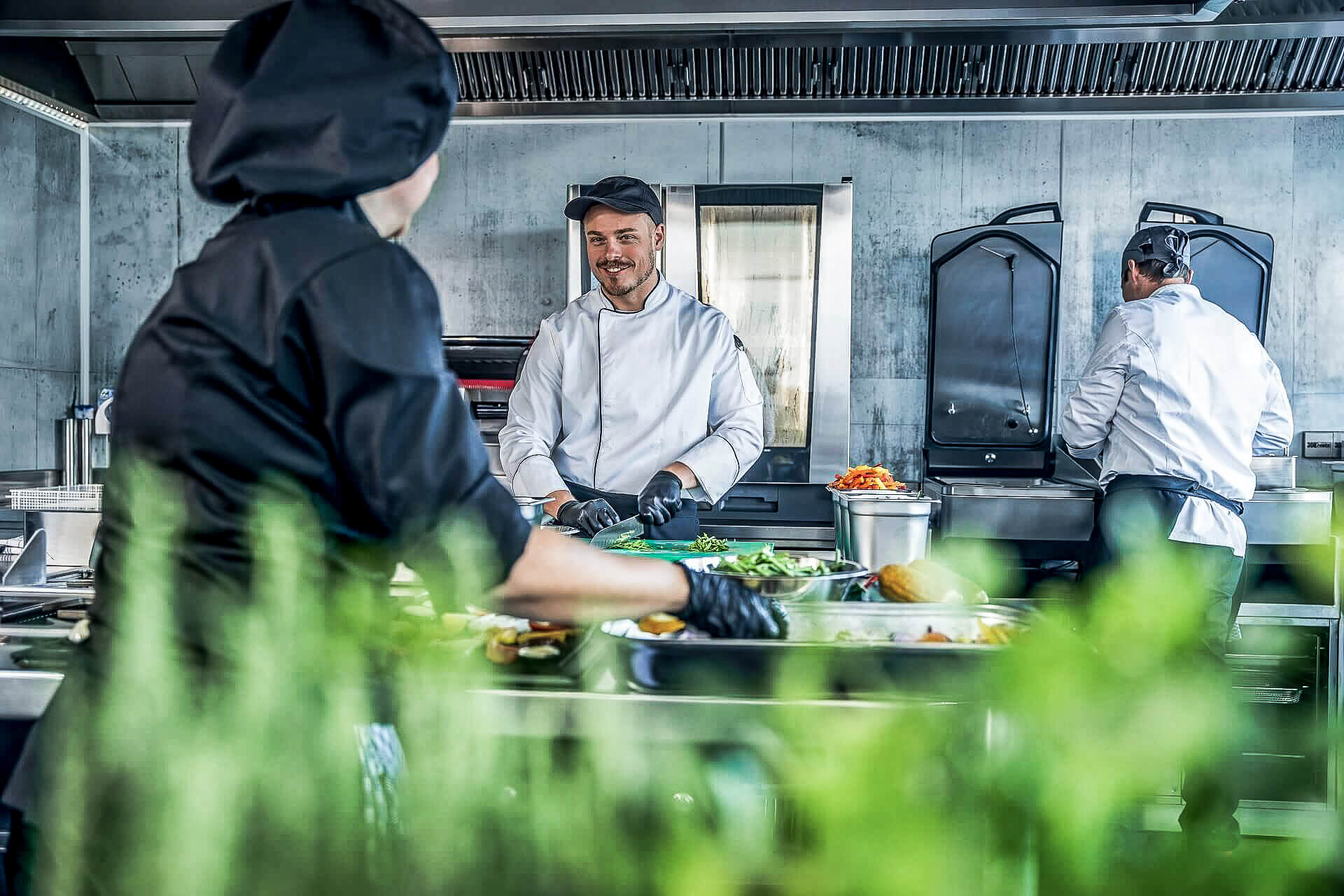The magazine promptly flies through the air in a high arc, landing on the stone floor with a loud clack. A good-looking guy in his mid-forties smiles merrily up at us from the cover. “Bold as brass and free as a bird,” the caption reads. Markus Götzenauer bends down and plucks the magazine from the floor. When he holds it up to his face, the similarities are more obvious. Shorter hair, fuller beard, harder features, but the eyes are the same radiant, gleaming green. “Again,” Götzenauer laughs. “And I’ve finally remembered how to laugh again. For a while there, I thought I’d permanently forgotten how…” He stops for a moment and regards his picture on the cover, then pages through the publication until he finds the story. “Back then, the stars were still in alignment. I thought I was at the beginning of something big. And it turned out to be huge… a huge failure, that is.”
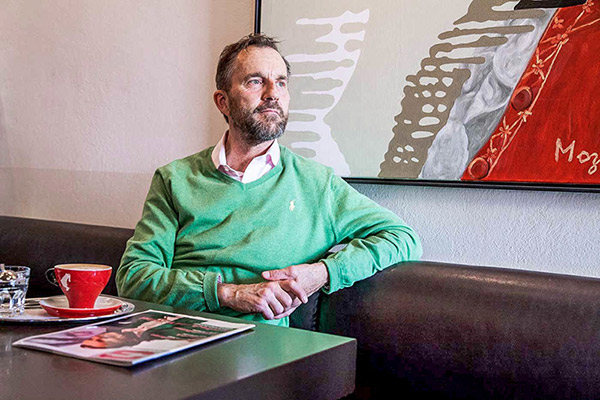
Markus Götzenauer from Austria: “It was my responsibility. I don’t blame anyone else.”
Picture it: the year is 2009, and 45-year-old Markus Götzenauer lives and breathes restaurants. He knows the business, the tricks of the trade, the pitfalls. He’s been self-employed for a long time, and his places have always done well. But now he’s reached a point where he wants to take a bigger leap. He’s got a new vision, an idea for a restaurant like nothing Salzburg has ever seen: relaxed, unconventional, serving everything from snacks to fine cuisine to young and old alike. He wants to “swim against the current”.
One day, Götzenauer finds out that the Haus der Natur—a real visitor magnet in the middle of Salzburg’s Old Town—is planning to rework its food service area. His vague plans quickly take concrete form. The locale is accessible from three directions: through the museum while it’s open, via an elevator next to the museum entrance after 6 PM, and using a beautiful outdoor staircase leading straight from the street. The second-floor restaurant stretches straight through the building. There’s a bar up front near the entrance if you just want a quick beer; behind that is a bistro for museum visitors, and then there’s the large dining hall at the back for evening fine dining. He’s even got the name picked out: “Vogelfrei”—German for “free as a bird”. Everyone Götzenauer shares the idea with (planners, designers, suppliers) is excited about the idea. His wife, Andrea,
is the only one who has a bad feeling about it from the beginning. Eventually, she realizes that there’s no talking Markus out of his project. “He was determined to get his way,” she says now. “I was sure it would work!” he replies. Then he shrugs and adds, “If I’d listened to her, it would have saved us a lot of heartache—but if I hadn’t gone ahead with it, I’m sure I would have felt like I’d missed out on an opportunity.”
Looking back, he can’t quite pinpoint where it all went wrong. “I’m an entrepreneur,” he says with emphasis.
“It was my responsibility. I don’t blame anyone else.”
It was probably a case of a lot of little pieces that just didn’t want to come together to make a puzzle. At any rate, after the initial hype wore off, they just couldn’t fill the seats. “In the afternoons, we were practically overrun with moms with strollers, we could barely keep up. But by six, the place was empty. It was totally dead in the evening.” He couldn’t just start closing earlier, because dinner service was part of his lease contract. Change the menu? Change the prices? Cut the food budget? “I did everything I could think of, I asked smart people I knew for ideas… But this was a restaurant I hadn’t financed out of my own pocket, and I’d focused a lot on high-quality fixtures when I was setting it up. So you’re stuck with those fixed costs over the short term, and if you’re not bringing in enough money to cover them, you can just sit back and watch your losses increase day by day.”
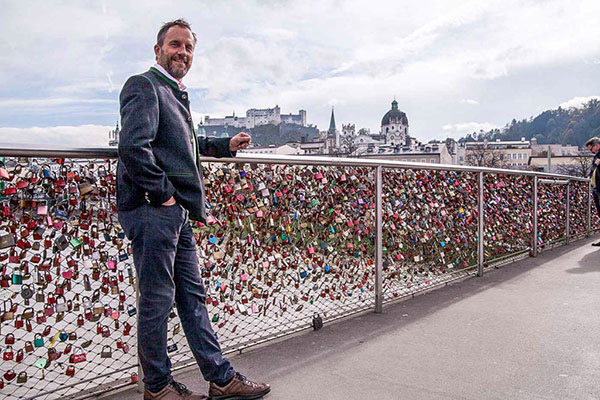
Markus Götzenauer in the city of Salzburg
After just under a year, Götzenauer has to throw in the towel, and declares bankruptcy in 2010. He describes the period that follows as the worst of his life; it certainly leaves him with a few more gray hairs. Three things help him get through it: the Café Classic, his second business; Annabel, his daughter; and Andrea, the wife who remains firmly at his side. The loss of several of his closest friends (or people he thought were his closest friends) hits him particularly hard. “Many of the people whose support I thought I could count on suddenly seemed to disappear off the face of the Earth. All at once, you feel really alone with your suffering. It wasn’t until much later that I realized that I was getting rid of ballast, of people who weren’t good for me or my family. Today, I almost see it as a lucky break!”
When Götzenauer hears stories of restaurateurs who fall on their faces with one project, pick themselves up, and conquer the world with their next project, all he can do is smile wearily. “I’m sure that happens, but it’s the exception, not the rule.”
He, at any rate, is taking things day by day. Having Andrea at his side gives him strength, even though they often disagree about how to proceed. Café Classic on Makartplatz is developing steadily, which reassures him that he really does know what he’s doing as a restaurateur. Over the years, he’s gradually found new friends, and a few of his long-time companions have been reliable sources of support. “Even if I do end up changing my culinary style again in the future, I’ll remain loyal to Stiegl beer and Meinl coffee. They’re the kinds of partners you can thank your lucky stars for when times get tough.”
Would reading that Ohio State University study have changed his mind about his plans back then? “I really believed in my project. Having a vision always carries a risk—you can’t insure yourself a hundred percent against everything. Over the long term, though, not taking any risks isn’t very satisfying, either…”
He’s closed the magazine with his picture on the cover, finished reading (and even photographing) the article describing him as “free as a bird”.
How about “bold as brass”, does that fit? His green eyes twinkle mischievously, as if to say, “Who knows?” “No, no,” Andrea says firmly, kissing her husband on the cheek. “Go take Wilma for a walk,” she adds, handing him the leash, “and enjoy the here and now… Enjoy the fact that we’re healthy and we have our lives back again!”
Will he listen to her? Well, sure… until he has another vision, anyway.
1. A Dream is not a concept
“I’m sick of desk jobs. I’ll open a restaurant, that’ll be cool!”
If only it really were as easy as knowing how to cook a little bit and copying off your favorite place around the corner. Without a crystal-clear vision, you may as well just keep dreaming.
2. Unrealistic expectations re: investments
“I’ll just buy an existing place—it’ll already have everything I need. I’ll fix it up here and there, but that shouldn’t be too expensive, right?” The fact is that even experienced restaurateurs and people with basically good math skills often forget the little things. After a while, it’s like, “Oh, well, that’s no big deal, and we don’t really need those…” and the next thing you know, you can’t afford your first food order
3. Unrealistic expectations re: day-to-day expenses
You’d be surprised how many restaurateurs would have a hard time answering basic questions about their running expenses. Day-to-day bookkeeping? Not here. But the pros recommend catching up on your accounting at least once a month
4. Don’t go it alone
Restaurants are about teamwork. There’s the kitchen team and the service team, obviously, but behind the scenes you’re also going to need reliable suppliers, ideally a good tax consultant, and maybe another person to handle marketing and social media. A lot of places have never even considered those last three, though. “The boss handles that stuff.” Sound familiar?
5. Wrong place, wrong time
There really are some locations that just naturally work, and other locations that change hands every two years. In most cases, of course, that kind of thing is public record, AKA researchable. Sure, it’s POSSIBLE that your grandiose concept is simply years ahead of its time, but that’s a pretty rare exception.
6. No marketing
“I was still screwing in the last few lightbulbs when my first customers showed up.” Most people are curious by nature, so if they spot something new and different, they’ll check it out. If they like it, they’ll come back. But when you arrive on the scene, it definitely helps to shout it from the rafters (whether literally or via social media). Make some noise!
7. No angle
You can’t please everybody all the time, right? Your carefully crafted gastronomic vision isn’t going to be everyone’s cup of tea, so you need to know who you’re trying to appeal to. If you don’t know what it is you want to offer your customers, your team won’t know, either, and then the message won’t get across
8. No flexibility
Sometimes a great restaurant concept just isn’t quite right for a particular area. If not, clinging stubbornly to your Plan A and “going down with the ship” might not be your best option. Plan B could be as easy as making a few minor adjustments, without losing yourself or abandoning your basic idea.
9. Ignoring feedback
“I could care less about reviews. Those people have no idea what they’re talking about!” In this day and age, no restaurateur can afford to ignore social media completely. If you do get criticized online, at least take a few minutes to decide whether there’s any merit to what your critics are saying. If so, now’s your chance to react!
10. Refusing help
Nobody’s born an expert, and you have to break a few eggs to make an omelet. In other words, mistakes happen. It’s normal. But when you’re sick, you go to the doctor… So if your restaurant isn’t running like it should, why wouldn’t you talk to a consultant?


